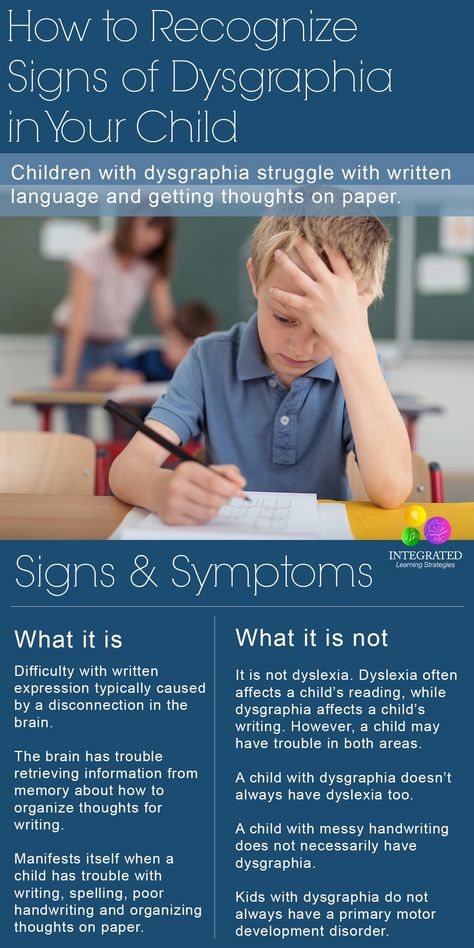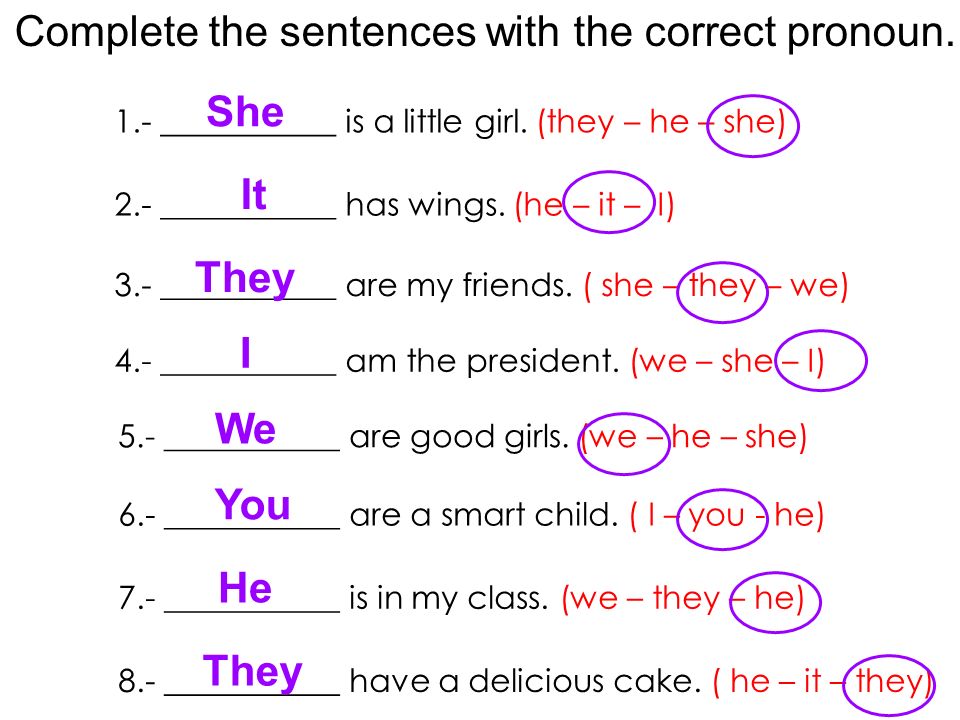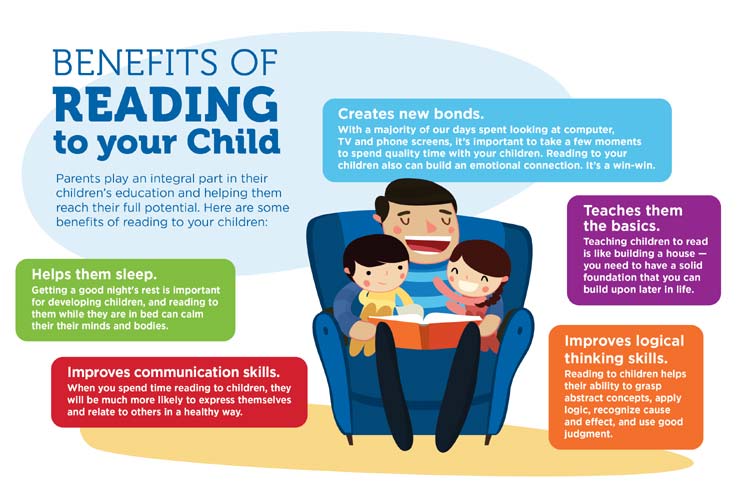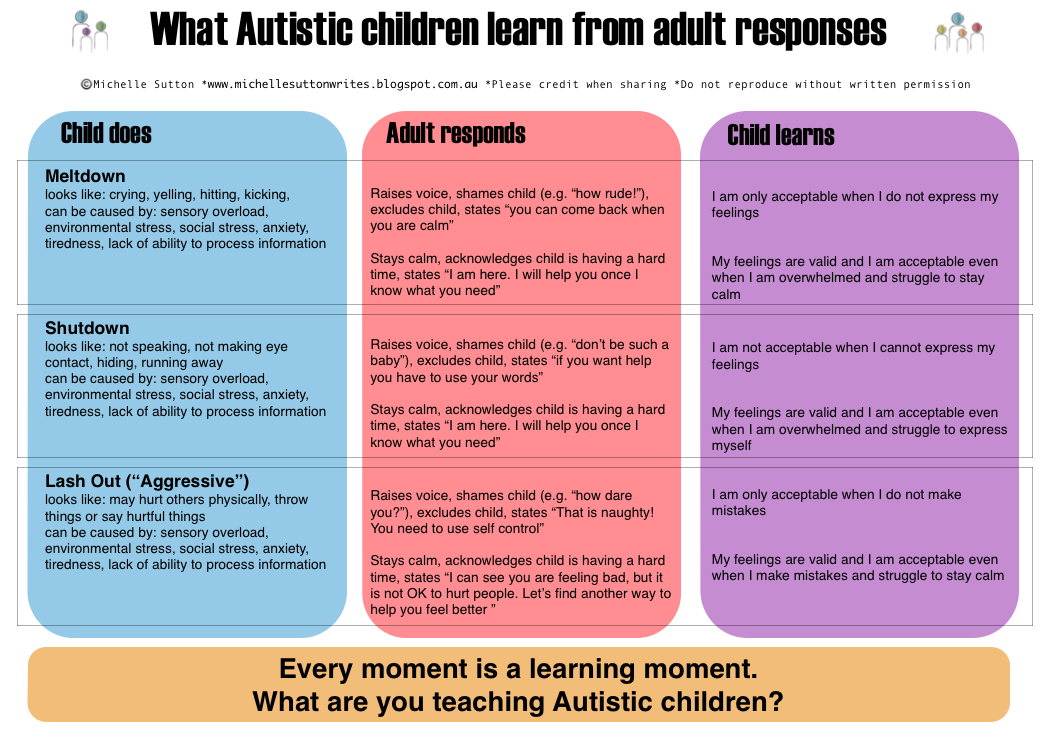How to destress a child
12 Tips to Reduce Your Child's Stress and Anxiety
Anxiety symptoms are common in children and adolescents, with 10 to 20 percent of school-aged children experiencing anxiety symptoms. An even larger number of children experience stress that does not qualify as an anxiety disorder. So how can you help to reduce your child's anxiety and stress?
1. Encourage your child to face his/her fears, not run away from them.
When we are afraid of situations, we avoid them. However, avoidance of anxiety-provoking situations maintains the anxiety. Instead, if a child faces his or her fears, the child will learn that the anxiety reduces naturally on its own over time. The body cannot remain anxious for a very long period of time, so there is a system in the body that calms the body down. Usually, your anxiety will reduce within 20-45 minutes if you stay in an anxiety-provoking situation. (For more on this, see Lessons From a Toddler and Facing Fears Without Pushing Your Child Over the Edge. ).
2. Tell your child that it is okay to be imperfect.
Often we feel that it is necessary for our children to succeed in sports, school, and performance situations. But sometimes we forget that kids need to be kids. School becomes driven by grades, not by the enjoyment of learning if an 85 is good, but not good enough. This is not to say that striving is not important. It is important to encourage your child to work hard but equally important to accept and embrace your child's mistakes and imperfections. (Read more about this in The Eyes of the Tornado.)
3. Focus on the positives.
Many times, anxious and stressed children can get lost in negative thoughts and self-criticism. They may focus on how the glass is half empty instead of half full and worry about future events. The more that you are able to focus on your child's positive attributes and the good aspects of a situation, the more that it will remind your child to focus on the positives. (Read more about focusing on the positives in Embracing the Worst.)
(Read more about focusing on the positives in Embracing the Worst.)
4. Schedule relaxing activities.
Children need time to relax and be kids. Unfortunately, sometimes even fun activities, like sports, can become more about success than they are about fun. Instead, it is important to ensure that your child engages in play purely for the sake of fun. This may include scheduling time each day for your child to play with toys, play a game, play a sport (without it being competitive), do yoga, paint, have a tea party, put on a play, or just be silly.
5. Model approach behavior, self-care, and positive thinking.
Your child will do what you do. So if you avoid anxiety-provoking situations, so will your child. If you face your fears, so will your child. If you take care of yourself and schedule time for your own needs, your child will learn that self-care is an important part of life. If you look for the positive in situations, so will your child.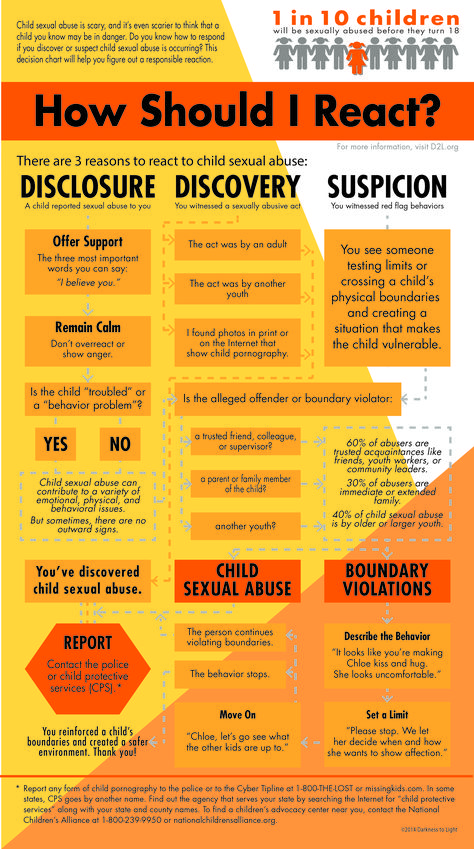 Children learn behaviors from watching their parents. So when you think about your child's psychological well-being, think about your own as well.
Children learn behaviors from watching their parents. So when you think about your child's psychological well-being, think about your own as well.
6. Reward your child's brave behaviors.
If your child faces his or her fears, reward this with praise, a hug, or even something tangible like a sticker or a small treat. This is not bribery if you establish this as a motivator prior to your child being in the situation. If you reward behaviors, your child will engage in them more often.
7. Encourage good sleep hygiene.
Set a bedtime for your child and stick to it, even on weekends. Also, have a 30-45 minute bedtime routine that is done every night. This helps your child to transition from the activities of the day to the relaxed state necessary to fall asleep.
8. Encourage your child to express his/her anxiety.
If your child says that he or she is worried or scared, don't say "No you're not!" or "You're fine.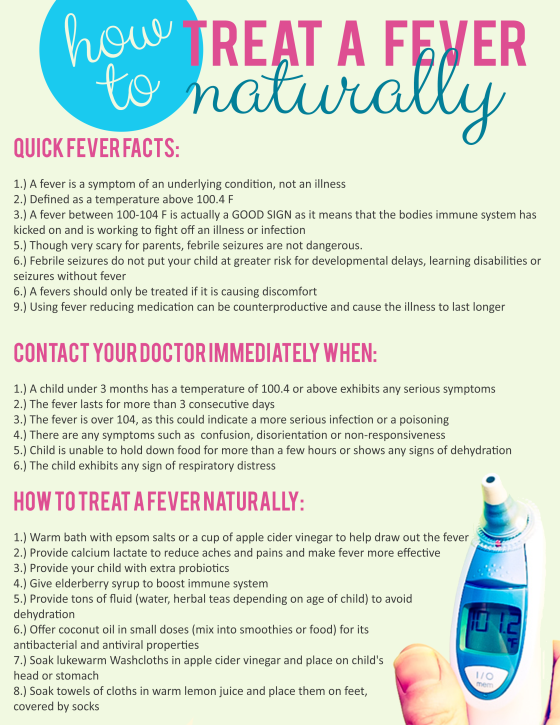 " That doesn't help your child. Instead, it is likely to make your child believe that you do not listen or do not understand him/her. Instead, validate your child's experience by saying things like, "Yes, you seem scared. What are you worried about?" Then have a discussion about your child's emotions and fears.
" That doesn't help your child. Instead, it is likely to make your child believe that you do not listen or do not understand him/her. Instead, validate your child's experience by saying things like, "Yes, you seem scared. What are you worried about?" Then have a discussion about your child's emotions and fears.
9. Help your child to problem solve.
Once you have validated your child's emotions and demonstrated that you understand your child's experience and are listening to what your child has to say, help your child to problem solve. This does not mean solving the problem for your child. It means helping your child identify possible solutions. If your child can generate solutions, that is great. If not, generate some potential solutions for your child and ask your child to pick the solution that he or she thinks would work best.
10. Stay calm.
Children look to their parents to determine how to react in situations. We've all seen a young child trip and fall and then look to their parent to see how to react. If the parent seems concerned, the child cries. This is because the child is looking to their parent for a signal of how to react to the situation. Children of all ages pick up on their parent's emotions and resonate with them. If you are anxious, your child will pick up on that anxiety and experience an increase in his/her own anxiety. So when you want to reduce your child's anxiety, you must manage your own anxiety. This may mean deliberately slowing down your own speech, taking a few deep breaths to relax, and working to ensure that your facial expression conveys that you are calm.
If the parent seems concerned, the child cries. This is because the child is looking to their parent for a signal of how to react to the situation. Children of all ages pick up on their parent's emotions and resonate with them. If you are anxious, your child will pick up on that anxiety and experience an increase in his/her own anxiety. So when you want to reduce your child's anxiety, you must manage your own anxiety. This may mean deliberately slowing down your own speech, taking a few deep breaths to relax, and working to ensure that your facial expression conveys that you are calm.
11. Practice relaxation exercises with your child.
Sometimes really basic relaxation exercises are necessary to help your child to reduce their stress and anxiety. This might mean telling your child to take a few slow, deep breaths (and you taking a few slow breaths with your child so your child can match your pace). Or it might mean asking your child to imagine him or herself somewhere relaxing, like the beach or relaxing in a backyard hammock.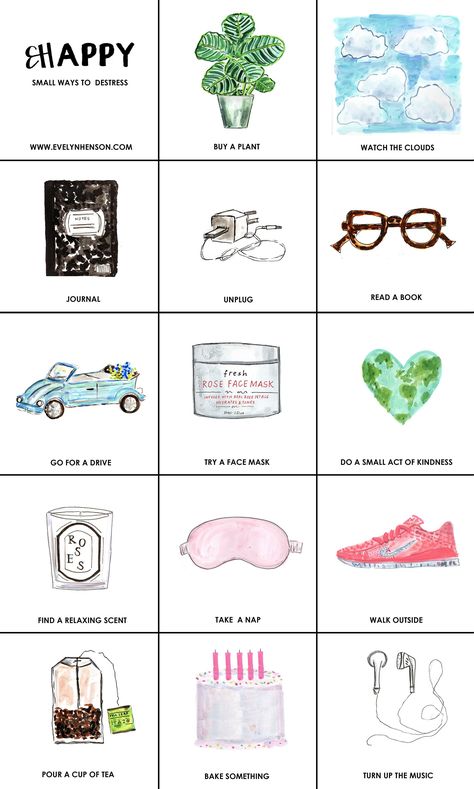 Ask your child to close his/her eyes and imagine the sounds, smells, and sensations associated with the image. For example, close your eyes and picture yourself on a beach. Listen to the sound of the surf as the waves come in and go out. In and out. Listen to the sound of the seagulls flying off in the distance. Now, focus on the feel of the warm sand beneath your fingers and the sun warming your skin. Your child can do these techniques on his or her own during anxiety-provoking times.
Ask your child to close his/her eyes and imagine the sounds, smells, and sensations associated with the image. For example, close your eyes and picture yourself on a beach. Listen to the sound of the surf as the waves come in and go out. In and out. Listen to the sound of the seagulls flying off in the distance. Now, focus on the feel of the warm sand beneath your fingers and the sun warming your skin. Your child can do these techniques on his or her own during anxiety-provoking times.
12. Never give up.
Anxiety and stress can be chronic struggles. Often, the source of a child's anxiety changes over time so it can feel as though you are always putting out fires. With repetition of the anxiety and stress management techniques, your child will learn how to lower his/her anxiety level and how to cope with anxiety-provoking situations. The key is repetition, so keep it up!
To find a professional who can help with stress and anxiety, visit Psychology Today's therapy directory.
Copyright Amy Przeworski
Childhood Stress: How Parents Can Help (for Parents)
All kids and teens feel stressed at times. Stress is a normal response to changes and challenges. And life is full of those — even during childhood.
We tend to think of stress as a bad thing, caused by bad events. But upcoming good events (like graduations, holidays, or new activities) also can cause stress.
Kids and teens feel stress when there’s something they need to prepare for, adapt to, or guard against. They feel stress when something that matters to them is at stake. Change often prompts stress — even when it’s a change for the better.
Stress has a purpose. It’s a signal to get ready.
When Can Stress Be Helpful?
In small amounts, and when kids have the right support, stress can be a positive boost. It can help kids rise to a challenge. It can help them push toward goals, focus their effort, and meet deadlines. This kind of positive stress allows kids to build the inner strengths and skills known as resilience.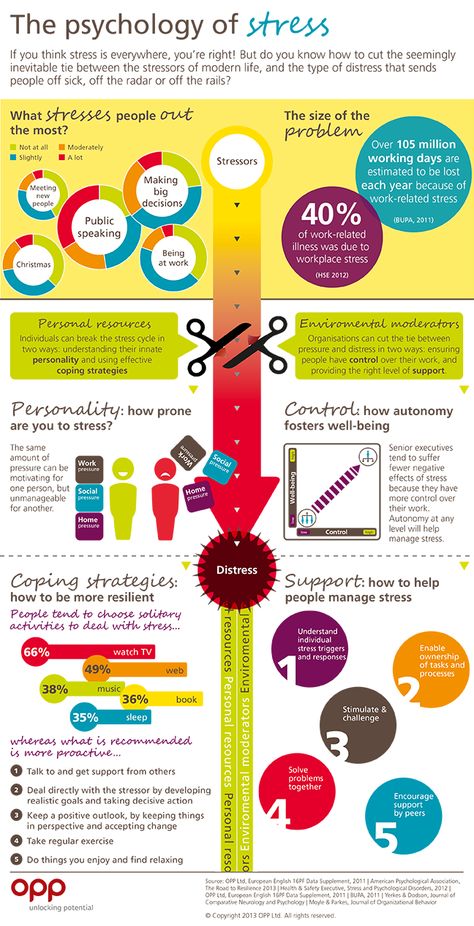
When Can Stress Be Harmful?
Stress or adversity that is too intense, serious, long-lasting, or sudden can overwhelm a child’s ability to cope. Stress can be harmful when kids don’t have a break from stress, or when they lack the support or the coping skills they need. Over time, too much stress can affect kids’ mental and physical health.
As a parent you can’t prevent your children from feeling stress. But you can help kids and teens cope. You can:
- Help them use positive stress to go for goals, adapt to changes, face challenges, and gain confidence.
- Give extra support and stability when they go through stressful life events.
- Protect them from the harmful effects of too much stress, such as chronic stress and traumatic stress.
What Is Positive Stress?
Positive stress is the brief stress kids and teens feel when they face a challenge. It can prompt them to prepare and focus. It can motivate them to go for goals, get things done, or try new things. They might feel positive stress before a test, a big game, or a recital. When they face the challenge, the stress is over.
It can motivate them to go for goals, get things done, or try new things. They might feel positive stress before a test, a big game, or a recital. When they face the challenge, the stress is over.
Positive stress gives kids the chance to grow and learn.
Here’s an example: The everyday pressure to get to school on time prompts kids to get their shoes on, gather their things, and head for the bus. But if kids don’t know how to use that positive stress, or don’t yet have the coping skills they need, it could mean a hectic race to the bus that leaves both parents and kids upset.
What parents can do: When it comes to handling that morning school prep (or any other moment of normal stress), it's tempting to step in and get everything ready for your child. But that won’t help kids learn how to use positive stress. Instead, teach kids how to prepare without doing it for them. This takes more time and patience, but it’s worth it.
This type of positive stress can prompt kids to adapt and gain coping skills they need.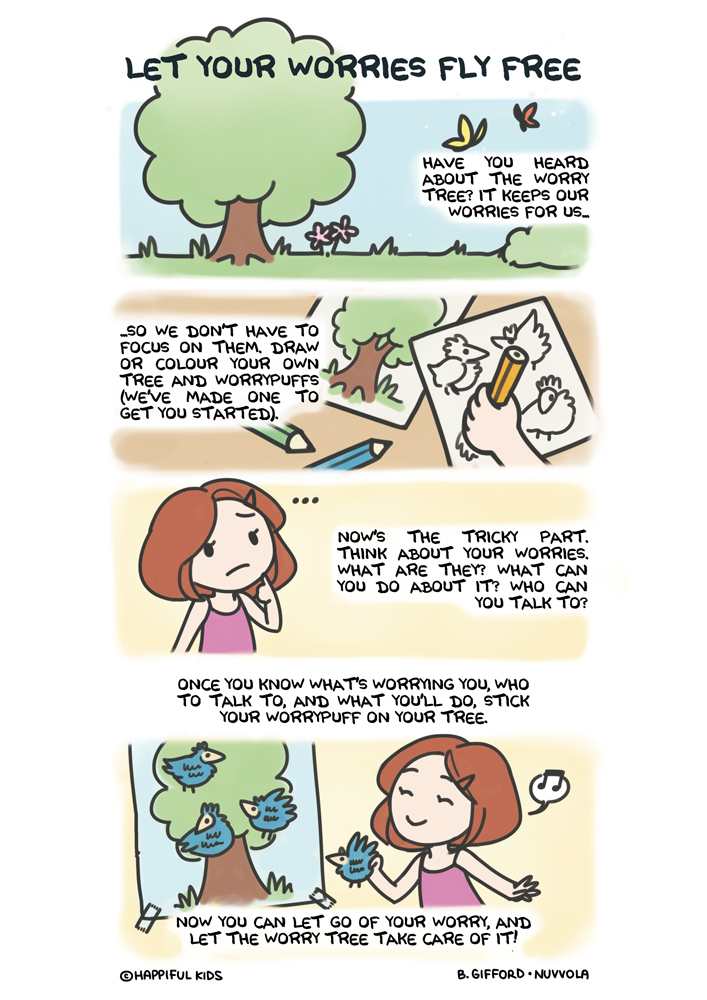 It can prepare them to handle life’s bigger challenges and opportunities.
It can prepare them to handle life’s bigger challenges and opportunities.
What Is Life Event Stress?
Difficult Life Events
Many kids and teens face difficult life events or adversity. Some get sick or need a hospital stay. Some have parents who split up. Some face the death of a loved one, move to a new neighborhood, or start a new school. Any of these life events can cause stress.
When kids face difficult life events, they might feel stress on and off for a few days or weeks as they adjust.
What parents can do: Parents can provide extra support and stability. Listen and talk with your child. Help them feel safe and loved. If possible, let them know what to expect. Talk over what will happen, what they can do to cope, and how you’ll help. Give comfort and show caring. Set up simple routines to help them feel settled.
Good Life Events
Even life events that we think of as good can be stressful. A big birthday, the first day of a school year, graduation, holidays, or travel can prompt kids and teens to feel stress.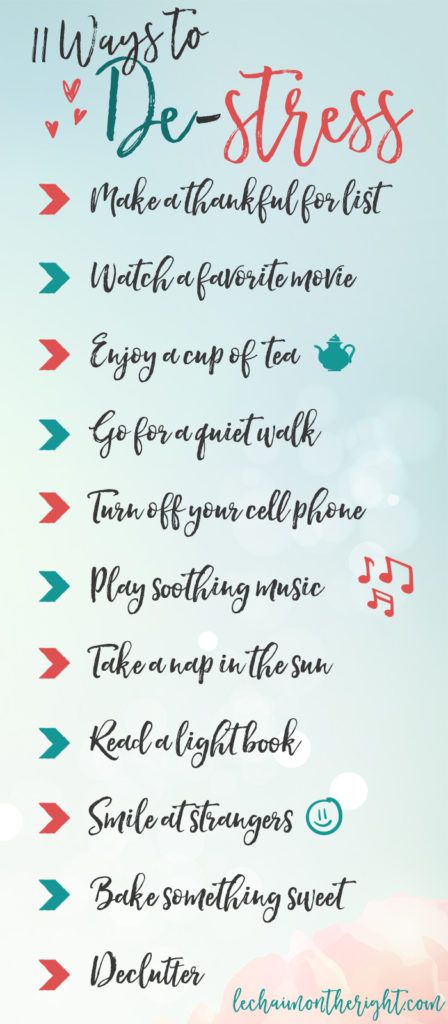
What parents can do: Parents can help kids and teens prepare for what’s ahead. Talk them through the situation, focusing on the positive parts. Give kids a say in the plans when possible. Listen to what they think and how they feel. If they feel stressed, let them know it’s OK and they can cope. You’ll be there for them as needed.
What Is Chronic Stress?
When difficult life events lead to stress that lasts for more than a few weeks, it’s called chronic stress. Chronic stress is hard on kids when they don’t have a break from it or when they don’t have the support they need or coping skills to offset the stress.
Having a serious health condition that lasts for a long time can lead to chronic stress. So can losing a parent or close family member or going through lasting adversity. Over time, stress like this can affect kids’ and teens’ mental and physical health. But there are things that can prevent the harmful effects of chronic stress.
What parents can do:
- Help kids feel safe, loved, and cared for.
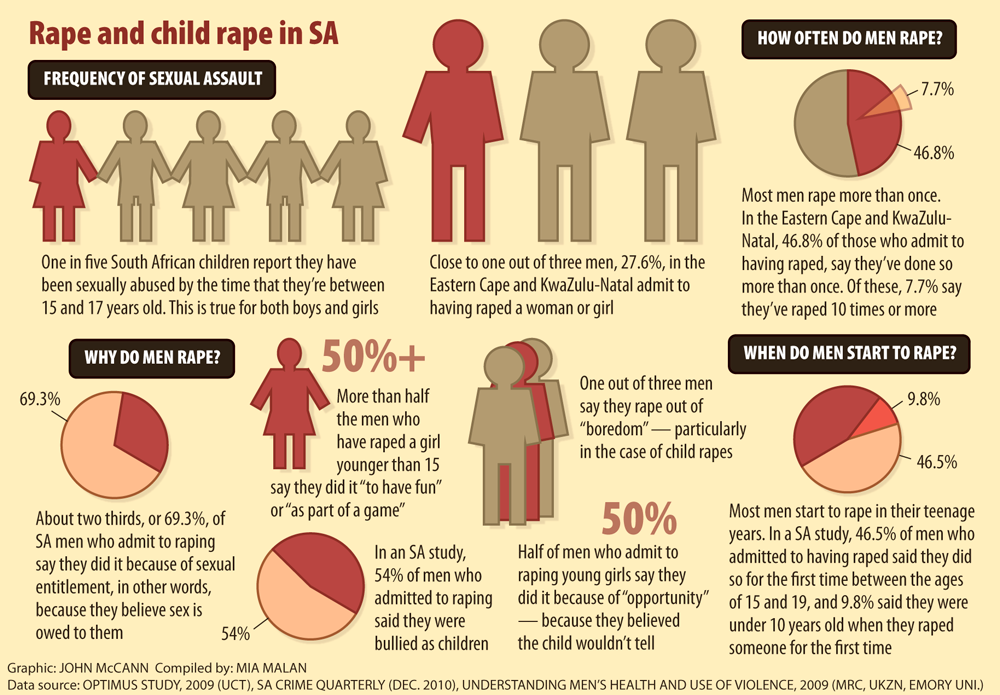 This is the best way to offset stress. Feeling close to you and knowing you love and accept them is more important than ever. Provide routines, like the same bedtime, eating a meal together, or being there after school. Routines provide a rhythm and let kids know there are things they can count on.
This is the best way to offset stress. Feeling close to you and knowing you love and accept them is more important than ever. Provide routines, like the same bedtime, eating a meal together, or being there after school. Routines provide a rhythm and let kids know there are things they can count on. - Teach coping skills. Kids feel better when they know there are things they can do for themselves to offset their stress. Kids of all ages can learn and practice calm breathing and meditation. There are many other skills to learn too.
- Help them take a break from stress. Make time to play, draw or paint, spend time in nature, read a book, play an instrument, be with friends and family. These activities are more than just fun. They help kids and teens feel positive emotions that offset stress.
What Is Traumatic Stress?
This is the stress that comes with trauma events that are serious, intense, or sudden. Traumas such as serious accidents or injuries, abuse, or violence can prompt this type of stress.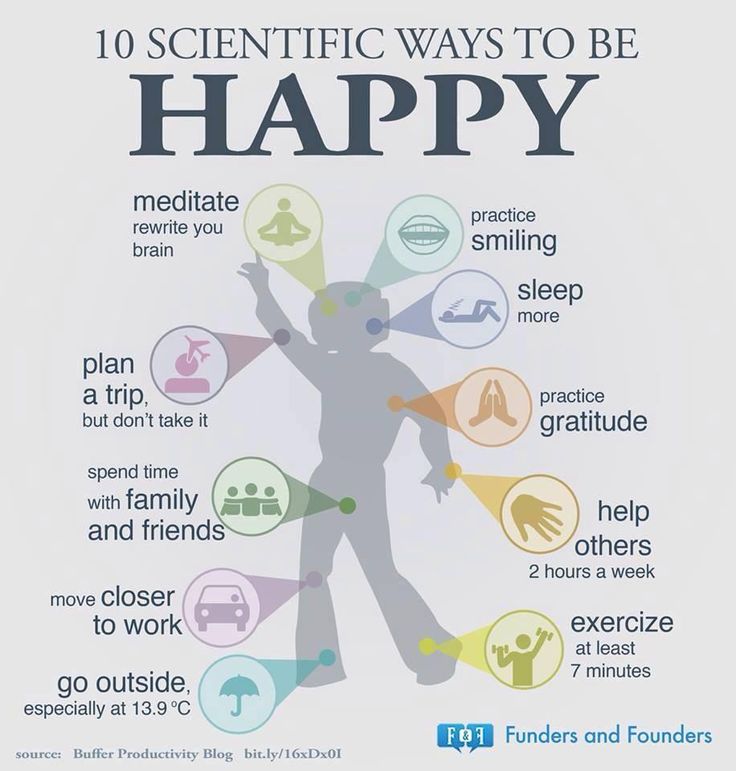
Parents can step in to protect kids when they know they are being mistreated or bullied. But it’s not always possible to protect kids from every type of trauma. If kids and teens go through traumatic stress, parents can help them get the care they need to recover.
What parents can do:
- Give kids and teens extra support and care. Be there to listen and talk. Let kids know that they are safe. Validate and accept their feelings. Let them know that, with time, they will feel better.
- Reach out to your child’s doctor or a therapist. Some need therapy to heal from traumatic stress. Parents can take part in the therapy and learn how to best help their child.
- Spend positive time together. Encourage kids and teens to do things they enjoy. These might be things you can do together or things your teen does on their own, like enjoying music, nature, or art. These things prompt positive emotions that can offset some of the stress left over from trauma.
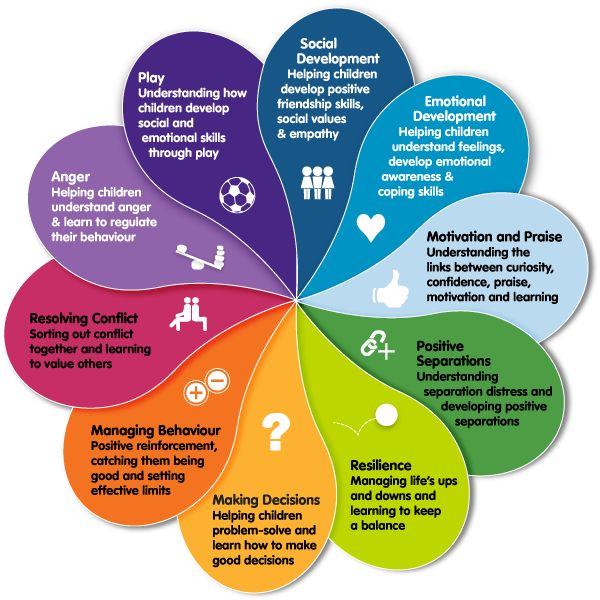
- Give kids and teens a chance to use their strengths in everyday life. Trauma and stress can leave them feeling vulnerable, anxious, or unsure of themselves. Knowing what they can do and who they are as a person can help kids and teens feel strong and confident.
Reviewed by: D'Arcy Lyness, PhD
Date reviewed: April 2022
Beware! 3 ways to scare a child. Childhood fears.
We continue the rubric of bad advice.
“If you don't calm down right now, that uncle will take you away!”, “That's it! I’m leaving, and you’re left here alone!”, “If you’re being naughty, now the doctor will give you another injection.”
Tell me, do you know these phrases? Were you bullied as a child? Please write in the comments. Or did you hear these and other similar phrases from other parents in the yard, or in the clinic? nine0005
Have you met “well-wishers” on your way (on the bus, on the playground) who wanted (with the best of intentions) to calm your child down by intimidation?
And the method of "intimidation" brings its results, not as good as the slap/cuffs, of course.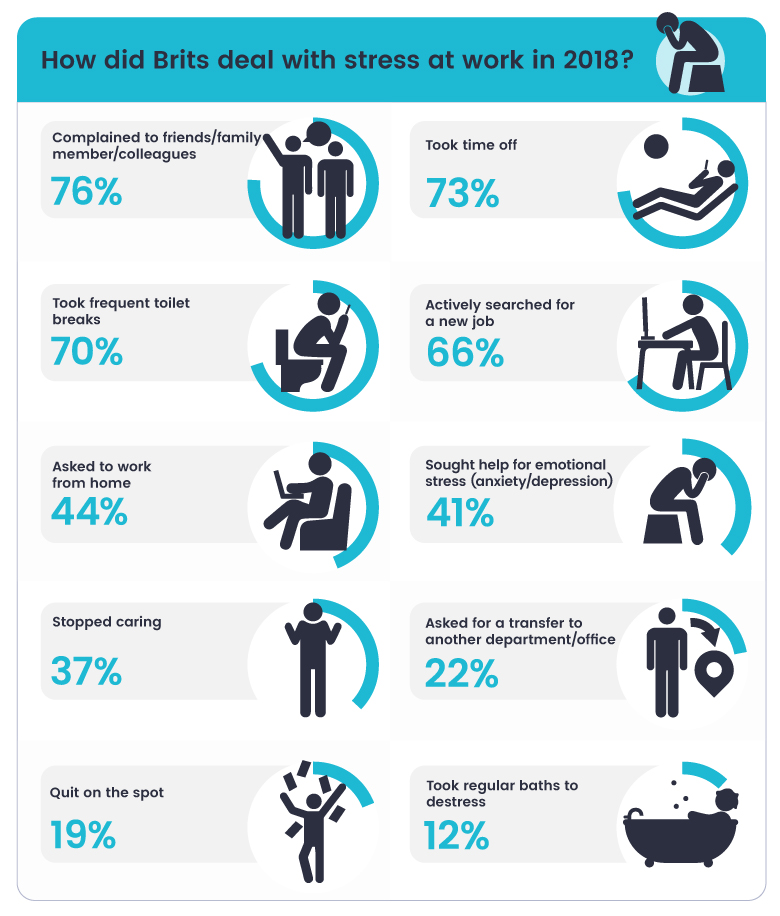
Afraid that his parents will now leave or give him to a stranger, the baby will try to avoid this and quickly fulfill all the requests of an adult. Magic is simple!
Do you want to instill fear in your child? Distrust of the world? Distrust of the authority of parents (after all, they can quit), anxiety in front of doctors and the police? Scare the kids as often as you can! nine0013 Using such phrases once, you just get hooked on this needle, start using it whenever there is no time and desire to look for other ways of education.
Unfortunately, there are many children with increased anxiety, fears, enuresis, tics and neurotic conditions today. How to win, then these problems? Oh... This will take a lot of time and effort. Both you and the child. But it is very easy to bring a child to such a state.
For a detailed analysis of this issue, see the video: “Patience in children. What to do?" nine0004
Case studies.

1. The girl is three and a half years old. I went to kindergarten for a long time and joyfully. But one day, waking up, she sobbed, screamed, writhed, did not want to get dressed and go to the garden. She began to get sick often, waking up screaming at night. At the second consultation, the girl loses in the game, that the teacher, if the children behave badly, says “I’ll take you all to the store now.”
In this situation, it was found that such a phrase was said by the teacher once (it was the teacher who joked like that), and had such an impact on the child. nine0005
It is not necessary to frighten a child every day, you can do it with one careless phrase and for a long time.
2. The child is 6 years old. Afraid of the dark and enclosed spaces. At the age of three, he was stuck with his mother in the elevator and since then he cannot even be alone in a closed room, the doors must be wide open all the time.
After several meetings with a psychologist (a couple of months), my anxiety started to go away.
You can wait until you're blue in the face for the phobia to resolve itself. nine0005
3. Girl, 8 years old. Frequent nocturnal enuresis. He falls asleep badly, sleeps anxiously, wakes up from a bad dream with tears in his eyes. Fear of the dark.
After consultations with a psychologist, the child said that he was afraid that Babai would take him away. And, indeed, the parents admitted that when the girl did not obey, they talked about Babayka several times, but did not attach any importance to this and, as it seemed to them, the girl did not believe in his existence either.
For best results, please wait a bit. Fear needs to be brewed to heighten the effect. Nocturnal enuresis may not appear immediately. Try, about Babayka, to speak confidently and several times. And also about Baba Yaga, who steals naughty children. nine0005
And there can be many more examples!
Of course, few of us were not bullied as children.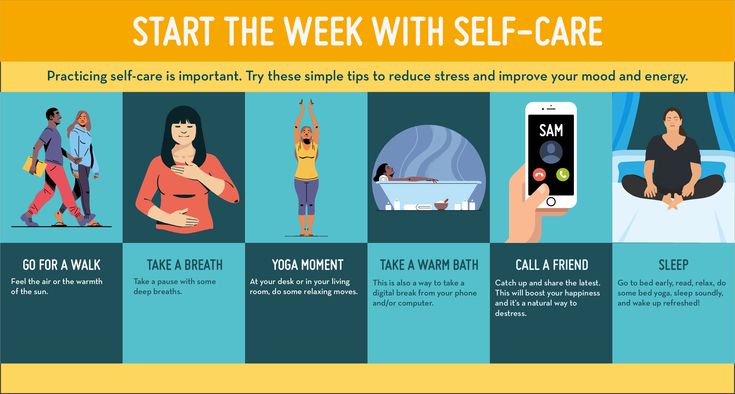 And in fact, each child is very individual and can react differently to the same phrase and story. One will not pay attention, and the other will be so impressed that he will acquire a phobia.
And in fact, each child is very individual and can react differently to the same phrase and story. One will not pay attention, and the other will be so impressed that he will acquire a phobia.
Although sometimes it is necessary to intimidate children. Surprised?)
This applies to situations that are dangerous to the life and health of the child. Current in the socket, cars on the road, etc. But here, rather than intimidation, but a statement of real facts. nine0005
I understand that the temptation to use this method in education, even in ordinary situations, is very great.
And the method of intimidation, indeed, gives its results. But when applying it, remember what consequences it can lead to.
Maybe it's better to try to negotiate with the child in a different way?
Do you still have questions about children's fears?
- Phobia and fear of age - what is the difference?
- Phrases that kill children's confidence.
 nine0075
nine0075 - What to do if the child is afraid?
- Where do fears come from in children of different ages?
- What mistakes do most parents make when their child is afraid?
- The most terrible fear is the fear of death? How to deal with it?
- Prevention of children's fears. Can it be prevented?
- How to help a child overcome fear at home?
- Can parents infect a child with their fears?
- What upbringing provokes a large number of fears in a child? nine0075
- How to find a balance between "stop, it's dangerous!" and instilling reasonable caution in life?
- Can fears be the norm?
We will analyze these and other questions in detail at the free online marathon “Forbidden to Fears!”. Hurry up to register while there are still places!
How guaranteed to scare a child without physical assault: rederika — LiveJournal
?- Children
- Cancel
At first they tried to slip wilted flowers on me, then candles without a wick. These are children, I told myself, poor Indian children. But, it’s better to get used to honesty from childhood, so I took two of the most beautiful green bowls, paying for three. Very honestly I gave one stick to someone else's wish, and the yellow light pushed off the shore. I loaded my basket with obsolete patterns, a couple of worries, one night and several sexual complexes. Decorated with the request "can I live one more day, please." It flared up notably, only stuck a meter from the shore. You can’t reach it with your hand, only if you step on the water. A child running past helped me, pushing the water with a light palm. Good sign, I thought. Here the story was supposed to end touchingly and snotty. nine0013 Walking to the sound of Indian mantras, I see off the sunset and get on the train again. I turn around to cast a farewell glance at the city that fell in love with itself at first sight. Carrying out the hopes carried by the Ganges. And what do I see?
But, it’s better to get used to honesty from childhood, so I took two of the most beautiful green bowls, paying for three. Very honestly I gave one stick to someone else's wish, and the yellow light pushed off the shore. I loaded my basket with obsolete patterns, a couple of worries, one night and several sexual complexes. Decorated with the request "can I live one more day, please." It flared up notably, only stuck a meter from the shore. You can’t reach it with your hand, only if you step on the water. A child running past helped me, pushing the water with a light palm. Good sign, I thought. Here the story was supposed to end touchingly and snotty. nine0013 Walking to the sound of Indian mantras, I see off the sunset and get on the train again. I turn around to cast a farewell glance at the city that fell in love with itself at first sight. Carrying out the hopes carried by the Ganges. And what do I see?
A boy of about ten climbed into the water up to his knees and caught up with my desires.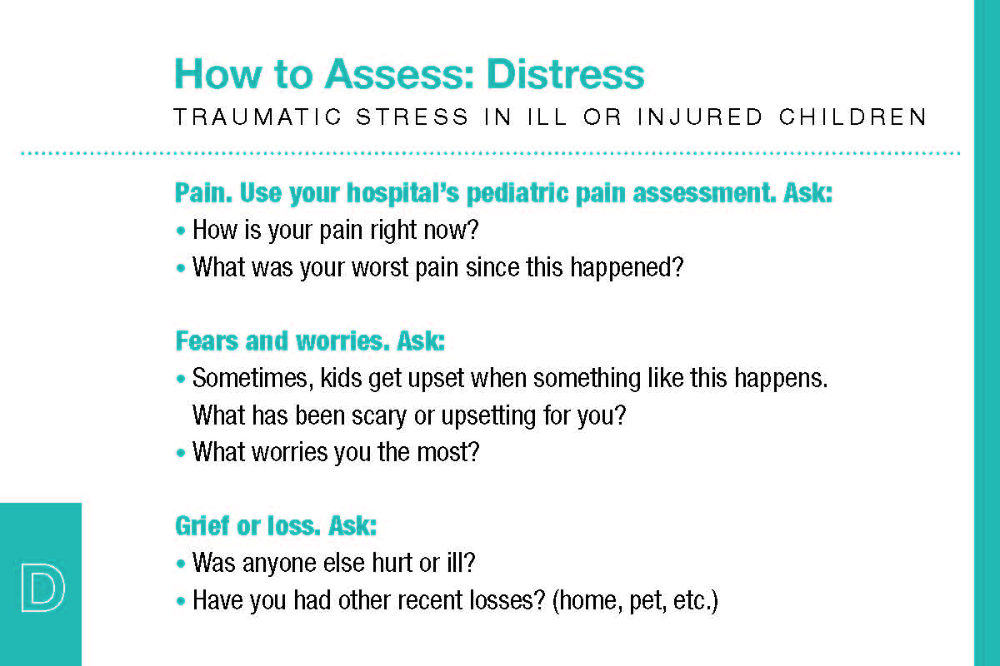 The little brat overtook and drowned both of them. If he had just taken them out to stick in the next tourist, perhaps he would have considered this a sign "the gods have taken note of your prayers." But the bastard, with a deft movement, created an ugly picture of disheveled flowers in droplets of wax, and running ashore, being terribly pleased, drove up the stairs. We are on the same side, I thought. Slowly and very quietly, I approached him, who was standing with his friends, and leaned towards his ear. The boy froze without moving, obviously, he is not strong in English. I confess that I myself was surprised at my suddenly hissing voice, but I liked the sound. The result was a frightening mixture of names of Indian deities, they are distinguished by any Asian child. nine0013 "Ganga see you" - I bent down to the height of his growth, looked very close and straight into his wide children's pupils. It turns out that scaring children is interesting and pleasant.
The little brat overtook and drowned both of them. If he had just taken them out to stick in the next tourist, perhaps he would have considered this a sign "the gods have taken note of your prayers." But the bastard, with a deft movement, created an ugly picture of disheveled flowers in droplets of wax, and running ashore, being terribly pleased, drove up the stairs. We are on the same side, I thought. Slowly and very quietly, I approached him, who was standing with his friends, and leaned towards his ear. The boy froze without moving, obviously, he is not strong in English. I confess that I myself was surprised at my suddenly hissing voice, but I liked the sound. The result was a frightening mixture of names of Indian deities, they are distinguished by any Asian child. nine0013 "Ganga see you" - I bent down to the height of his growth, looked very close and straight into his wide children's pupils. It turns out that scaring children is interesting and pleasant.
Tags: india, history
Subscribe
-
History 3000 reposts.
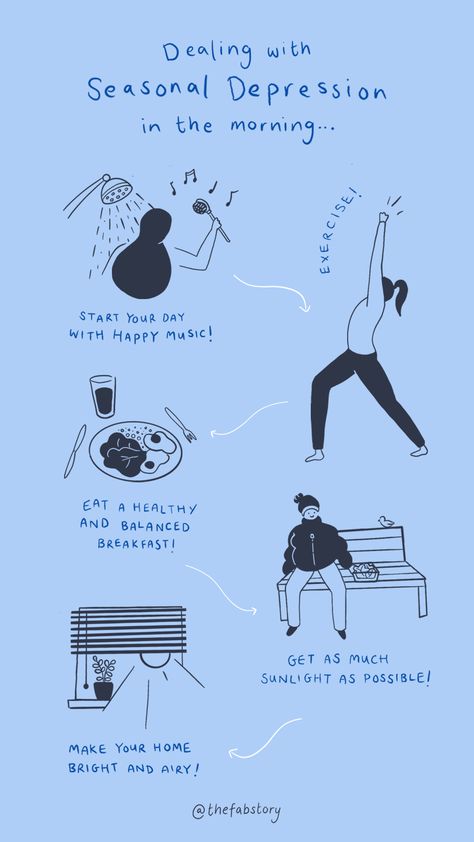 About how tired of just beautiful portraits
About how tired of just beautiful portraits Many scold modern photography - wherever you turn, there are photo artists all around. Solid beauty, love stories, weddings, fashion. It is impossible to open the tape, there ...
-
Reason for a portrait
In Nepal, I have a special desire to court men. In addition, this is a great opportunity to take a portrait. No matter how comfortable...
-
Romance with Peter
Dates with cities happen in passionate, bright flashes, somewhat similar to how it happens with people. Sometimes more global and bigger than it seems...
-
ChinaEthnoExp II: space hole and forgotten things
In each of my travels, a funny fuck-up always happens to me. Plant a splinter in the jungle with wild bushes, take the wrong bus…
-
This is how an Oriental is born
Living in St. Petersburg without a cat is indecent, sad and even a little lonely - that's how I reasoned in the first year of my reconciliation with the city.
